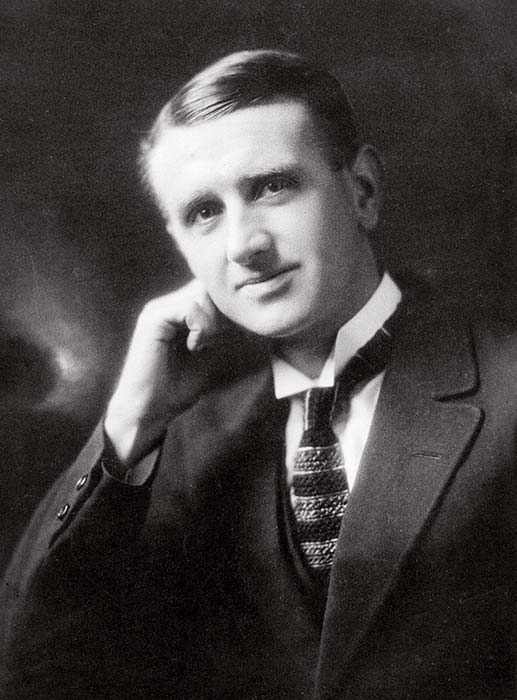
Remarkable for his astounding powers of mental computation, mathematician Alexander Aitken (1895–1967) enrolled at the University of Otago in 1913 but left to fight in the First World War, an experience that left him with mental scars and directly or indirectly inspired two powerful books: Gallipoli to the Somme (1963) and To catch the spirit (published posthumously in 1995). After the war he returned to his studies and won a University of New Zealand postgraduate scholarship to Edinburgh University, where he graduated with a DSc in 1925. He spent the rest of his academic career there, eventually becoming professor and head of department. He was best known for his work in algebra, numerical analysis and statistics. He was also a very talented musician, and the violin he carried throughout the First World War is now a treasured artefact at Otago Boys' High School in Dunedin.
Using this item
Private collection
This item has been provided for private study purposes (such as school projects, family and local history research) and any published reproduction (print or electronic) may infringe copyright law. It is the responsibility of the user of any material to obtain clearance from the copyright holder.










Add new comment